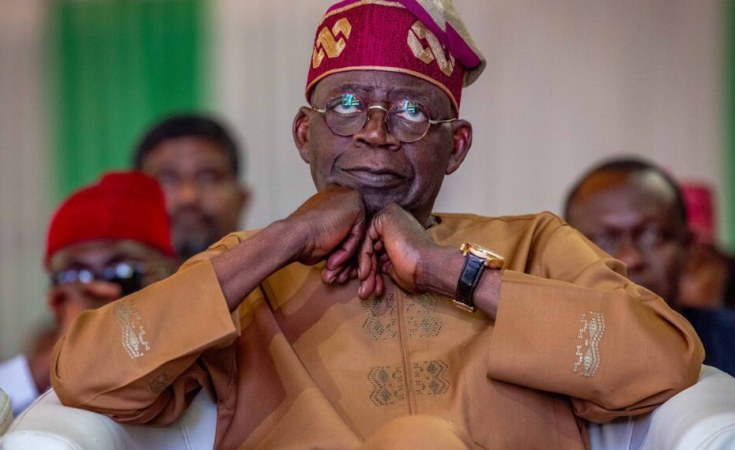Nigeria recorded its first case of COVID-19 on 27 February 2020 and has subsequently suffered four distinct waves of the pandemic.
President Muhammadu Buhari has commended his administration for its response to the COVID-19 pandemic, which claimed 3,155 lives in Nigeria.
"The deftness of our response to the pandemic still remains a global best practice," Mr Buhari said in a farewell broadcast Sunday morning.
The outgoing president, however, acknowledged that the pandemic contributed to "the supply chain disruptions and economic downturn," experienced globally between 2020 and 2022.
Nigeria recorded its first case of COVID-19 on 27 February 2020 and has subsequently suffered four distinct waves of the pandemic.
Lockdown, other measures
To curtail the COVID-19 pandemic, the Buhari-led administration adopted a wide range of health and safety measures.
From the approval of financial intervention to Lagos State, the epicentre of the disease, and the enhancement of the Nigeria Centre for Disease Control (NCDC) and other agencies and institutions of government for effective response to the pandemic, to the declaration of lockdowns, President Buhari-led administration beat imaginations of global health experts who had predicted dangerous consequences for the country and Africa as a whole.
For instance, in March 2021, Nigeria commenced the vaccination of its citizens against COVID-19. As of 24 May, 75,281,789 of the total eligible persons targeted are fully vaccinated across the country, according to the National Primary Health Care Development Agency (NPHCDA).
COVID-19 status
According to the latest NCDC data, there have been 266,313 cases and 3,155 deaths recorded across 36 states of the federation and the Federal Capital Territory (FCT) since the outbreak of the pandemic.
Lagos State ranked first on the infection log with 104,266, followed by the FCT and Rivers State with 29,403 and 18,089 cases respectively.
Globally, WHO data shows there are 766,895,075 confirmed cases and 6,935,889 deaths as of 24 May 2023.
Following a global decline in infections, WHO recently declared an end to COVID-19 as a "public health emergency of international concern" - its highest level of alert - which has been in place since Jan. 30, 2020.
"It is therefore with great hope that I declare COVID-19 over as a global health emergency," said WHO Director-General Tedros Ghebreyesus, in a press briefing.
He added that "the end of the emergency did not mean COVID was over as a global health threat."


